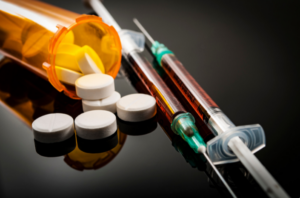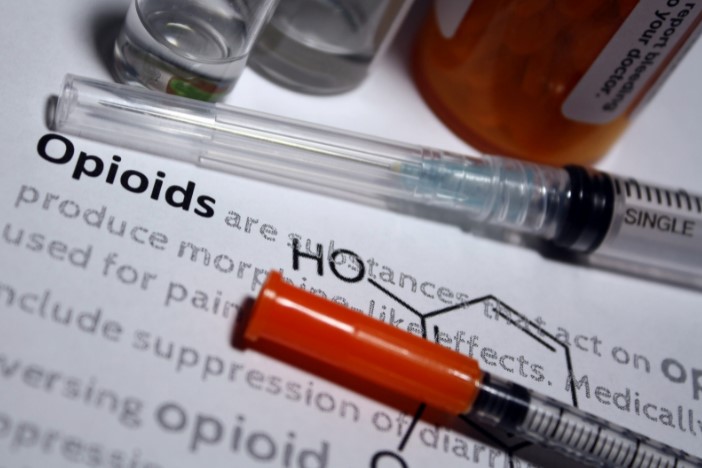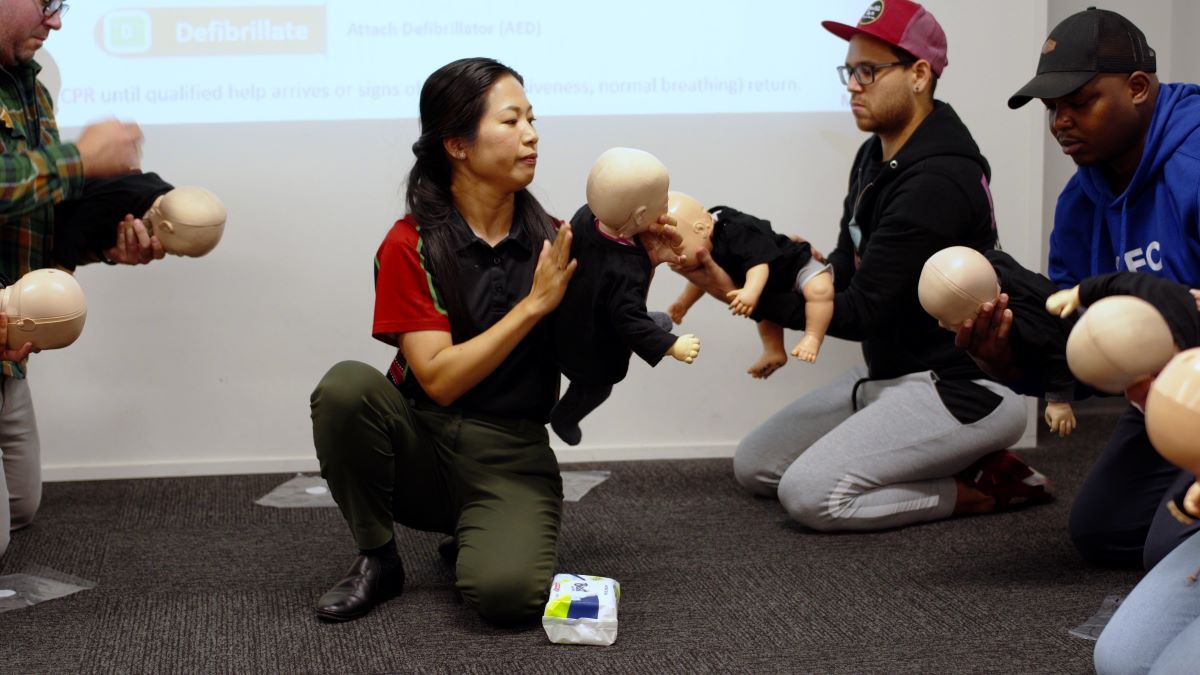Opioids are powerful and highly addictive pain relievers that, if abused, can be harmful or fatal – causing thousands of opioid overdose deaths in Australia every year.
Under doctor’s prescription, these medications can safely help control acute or surgical pain. The risks only occur when opioids are intake incorrectly.
What are Opioids?
Opioids are a class of drugs prescribed by doctors to treat persistent or severe pain. It is primarily applicable in chronic headaches or backaches and those experiencing moderate to severe pain from surgery or illness.
An opioid overdose occurs when these medications are abused or become an addiction.

Opioid overdose is a public health epidemic in Australia, where over 70% of drug mortality are opioid-induced.
Moreover, the non-fatal overdose contributes to the social, health, and economic costs of the overall Australian fight against drugs.
Signs and Symptoms
The signs and symptoms of opioid overdose can exhibit in a person’s physical, behavioural, and psychological appearance. One clear sign is not having control or not being able to stop using opioids.
Other signs of opioid abuse may include:
- Shallow, slow breathing rate
- Inability to focus
- Poor decision making
- Physical agitation
- Sudden behavioural changes
- Frequent mood swings
- Irritability
- Depression
- Lowered motivation
- Anxiety attacks
First Aid for Opioid Overdose
A quick response to an opioid overdose can prevent brain injury and even death.
- Call emergency services
Call triple zero (000) if there is a suspected overdose. Even if the person starts to regain consciousness or appear better after one or two doses of naloxone, emergency medical assistance is still necessary.
A paramedic or a medical professional should do a proper evaluation if a person starts exhibiting signs and symptoms of opioid overdose.
- Assess the scene of the incident
Before approaching the scene, do a quick observation and never enter if it appears unsafe. Do not risk exposure if you spot drugs powders or residue in the area.
Avoid any contact with exposed needles, drug containers, and other paraphernalia.
- Recognize and evaluate signs and symptoms
Recognizing an opioid overdose can be challenging at times.
The best thing is to wake the person up by gently shaking them or rubbing the breastbone with the knuckles. If the condition remains unclear, treat it as an overdose and proceed with the first aid treatment.
- Administer naloxone
Administer one or two doses of naloxone to the person, provided that you follow all the manufacturer’s instructions for safe use.
The second dose should be administered if the person remains unresponsive after two to three minutes and the emergency services have not yet arrived.
(Take note that in most cases, it will take five minutes or more for signs of opioid overdose to reverse.)
- Begin First Aid
Put the person into the recovery position and keep the airways open.
Try not to delay other first-aid interventions such as rescue breathing or CPR while waiting for the medications to work. Closely monitor the person’s condition while waiting for emergency services to arrive.
If the breathing or pulse stops at any point, start CPR if trained to do so.
- Monitor
Observe if the person suspected of overdose experiences any change in their condition.
Watch out for severe side effects from naloxone, such as allergic reactions, body pains, increased heart rate, physical agitation, vomiting, diarrhea, or convulsions.
Opioid Abuse and Depression
Most people who live in opioid abuse and other addictions have other mental health issues.
There is no surprise that there is a correlation between mental health and opioid use due to the particular effects of the latter. Therefore, those living with addiction must understand the relationship between the two.
Opioid overdose can impact those people with depression, anxiety, schizophrenia, and other mental health problems.
Opioid and Substance Abuse Education
Drug-induced deaths are one of the leading causes of accidental deaths in Australia, and most of them involve opioid overdose.
Learn the warning signs of opioid overdose and how bystanders can help overcome this epidemic. Understanding how addiction influences mental health and vice versa is vital in getting people the help they need.
Enrol in a Mental Health First Aid course near you and learn how to provide support in times like this.







